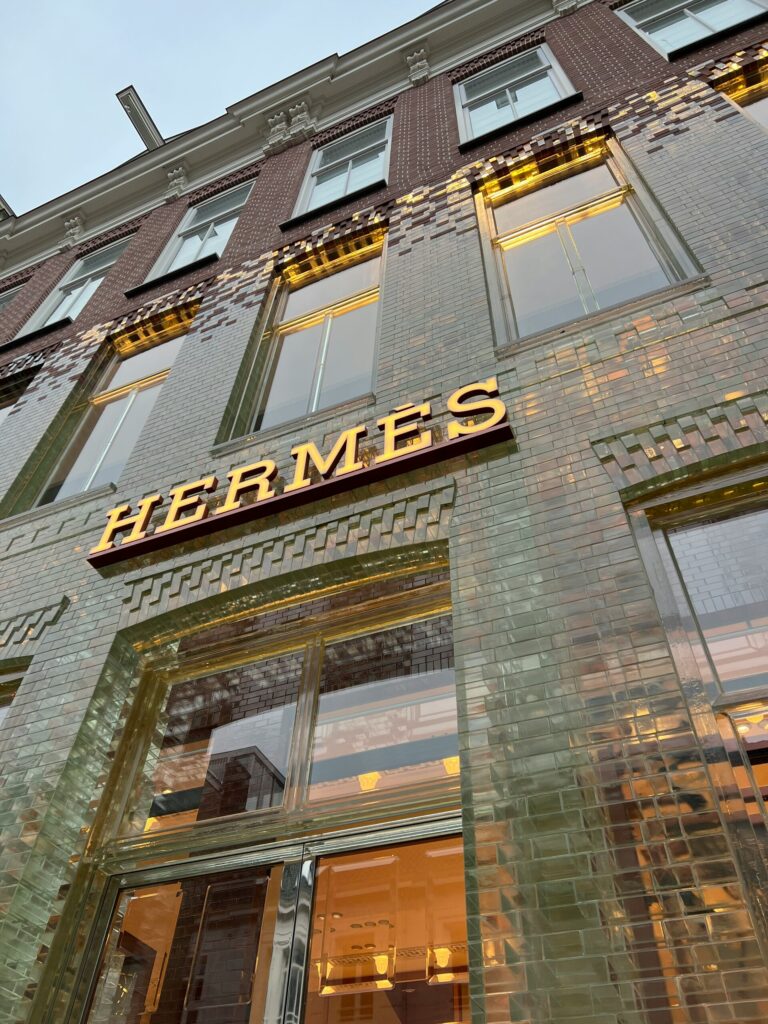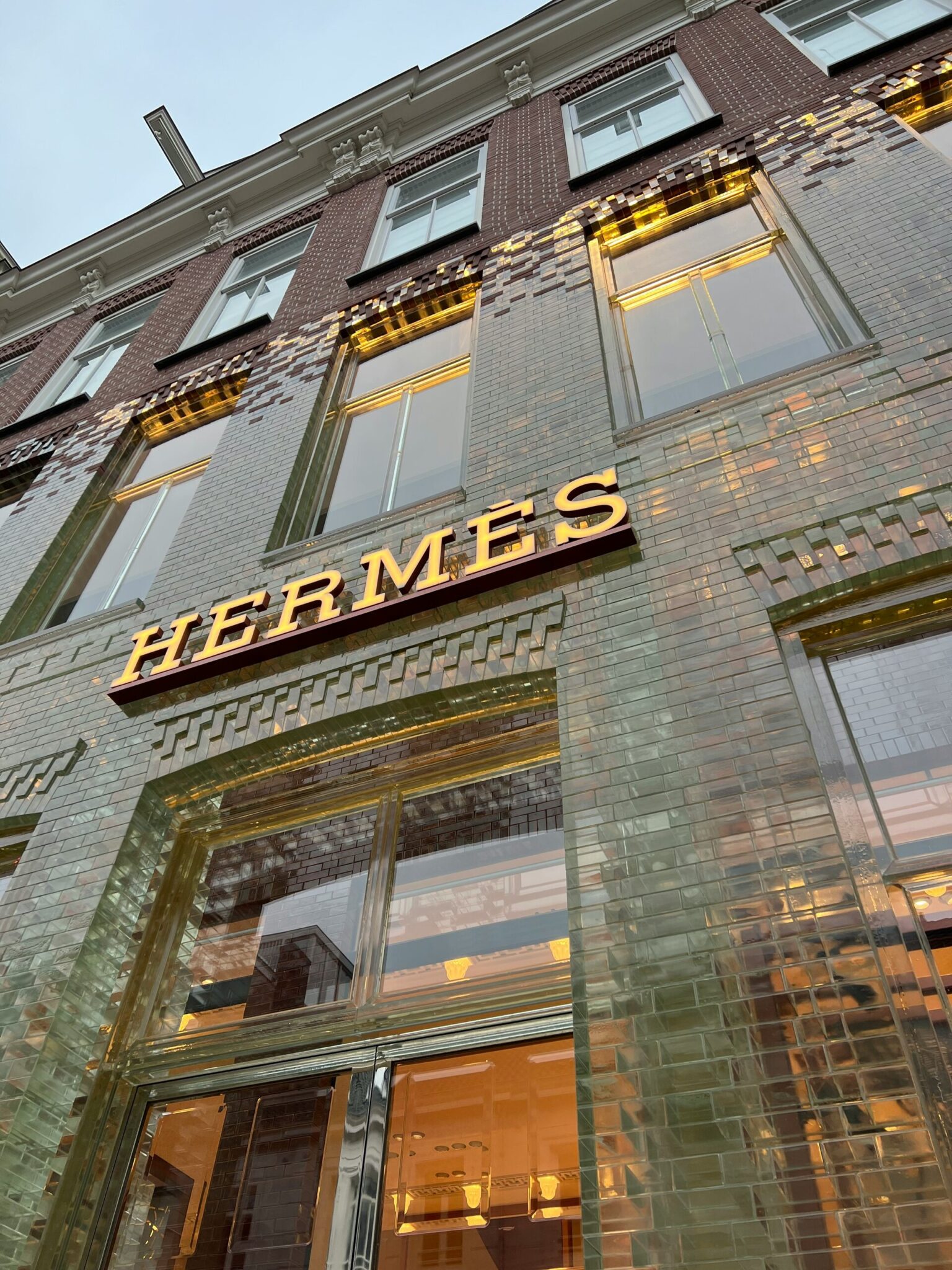Hermes, the iconic French luxury brand known for its high-end handbags, is once again facing legal scrutiny in the United States.

A group of California consumers has filed an amended complaint, revising their antitrust lawsuit that accuses Hermes of unfairly requiring customers to spend significant amounts of money on other products before being allowed to purchase one of its highly coveted Birkin bags. The ongoing case, filed in a federal court in San Francisco, raises broader questions about consumer access, market competition, and business practices within the luxury sector.
The Birkin bag, named after British actress Jane Birkin, is one of the most exclusive and expensive handbags in the world, with prices reaching tens of thousands of dollars. Each bag is handmade, contributing to both its limited availability and high demand. The plaintiffs in the case argue that Hermes’ business practices force consumers to engage in a “pay-to-play” scheme, in which only those who have built up a significant purchase history of other products are eligible to buy a Birkin.
The plaintiffs claim that Hermes’ alleged policy not only manipulates consumer demand but also violates U.S. antitrust laws by effectively tying the purchase of ancillary products to the opportunity of buying a Birkin. They contend that Hermes and its sales staff are fully aware that many customers enticed into buying other items will never actually secure a Birkin, accusing the company of false advertising and fraud. Hermes has denied any wrongdoing, dismissing the lawsuit as “far-fetched” and claiming the company operates within its legal rights. The luxury house argues that it faces strong competition in the luxury handbag market, and its practices merely reflect the brand’s exclusivity and prestige. At a September hearing, U.S. District Judge James Donato expressed skepticism about the antitrust claims. He suggested that Hermes’ business model, even if it involves selling limited quantities of Birkin bags, does not necessarily constitute an antitrust violation.
“Hermes can run its business any way it wants,” Judge Donato remarked during the hearing. “If it chooses to make five Birkin bags a year and charge a million to them, it can do that.” He also noted that the plaintiffs’ inability to obtain a Birkin bag does not inherently mean Hermes is violating competition laws.
In fact, Donato suggested that the company’s conduct could potentially enhance competition. By setting high purchase barriers for a Birkin, Hermes could drive shoppers toward rival brands that offer equally attractive bags without the same stringent requirements. This perspective underscores the complexity of applying antitrust law to luxury markets, where exclusivity and scarcity are key to brand identity.
The latest version of the lawsuit, filed on Friday, introduces new allegations of false advertising and fraud, in addition to the original antitrust claims. According to the revised complaint, Hermes intentionally misleads consumers by fostering the belief that purchasing other high-priced products increases their chances of obtaining a Birkin. The plaintiffs allege that this practice leaves many consumers spending thousands of dollars on Hermes goods with no real guarantee of securing the handbag.
Despite the revised claims, the lawsuit still faces significant hurdles. Judge Donato, a former antitrust lawyer, has expressed strong doubts about whether the plaintiffs’ arguments can withstand legal scrutiny. Nevertheless, the plaintiffs remain determined to prove that Hermes’ practices violate consumer rights and antitrust laws.
